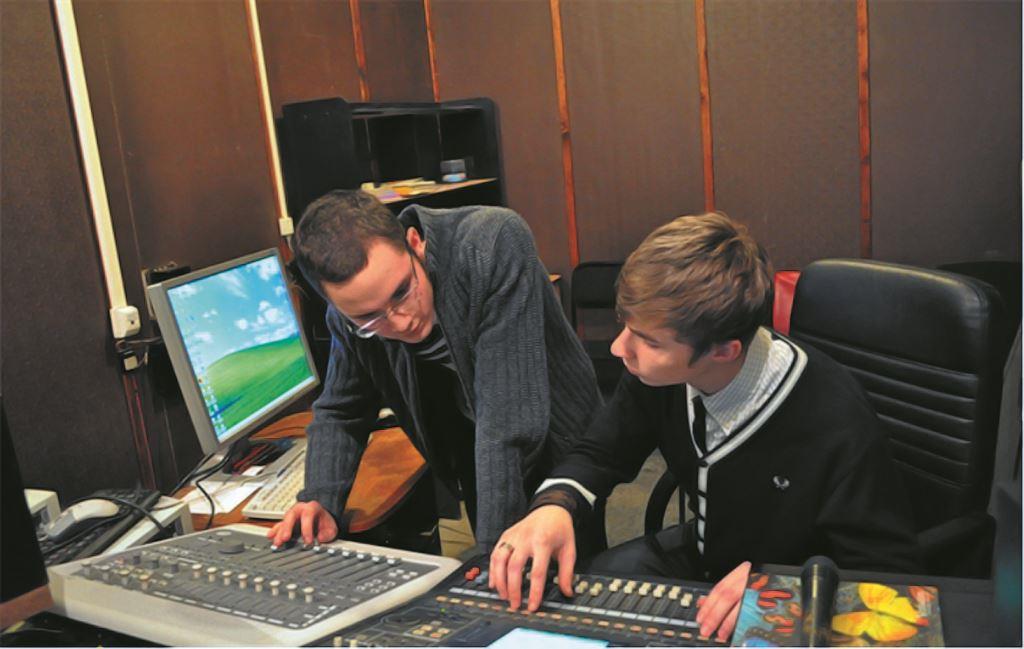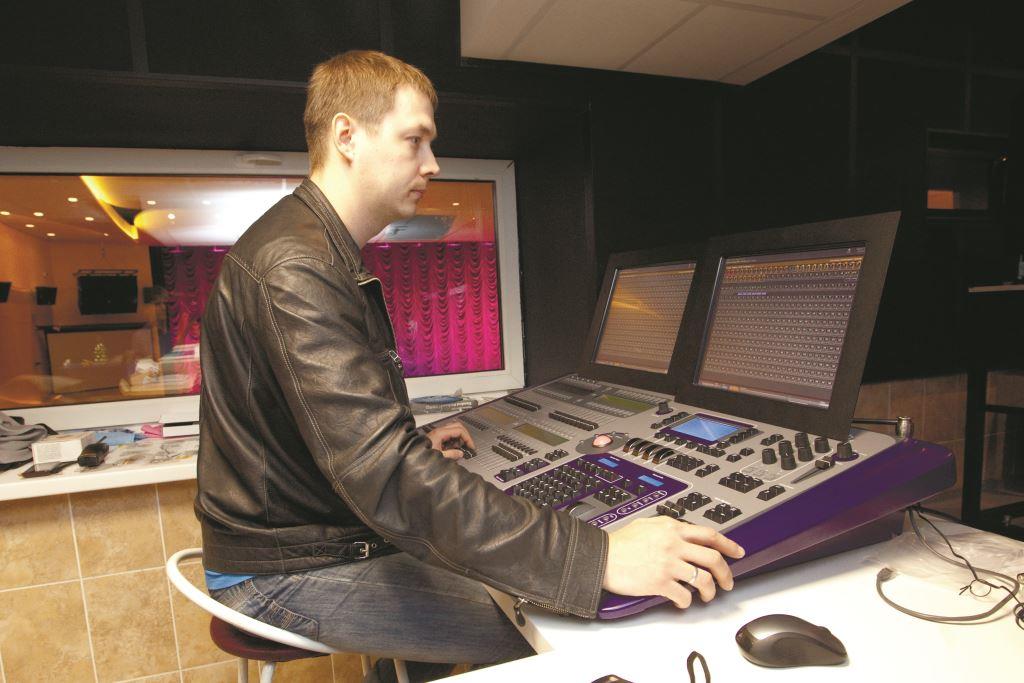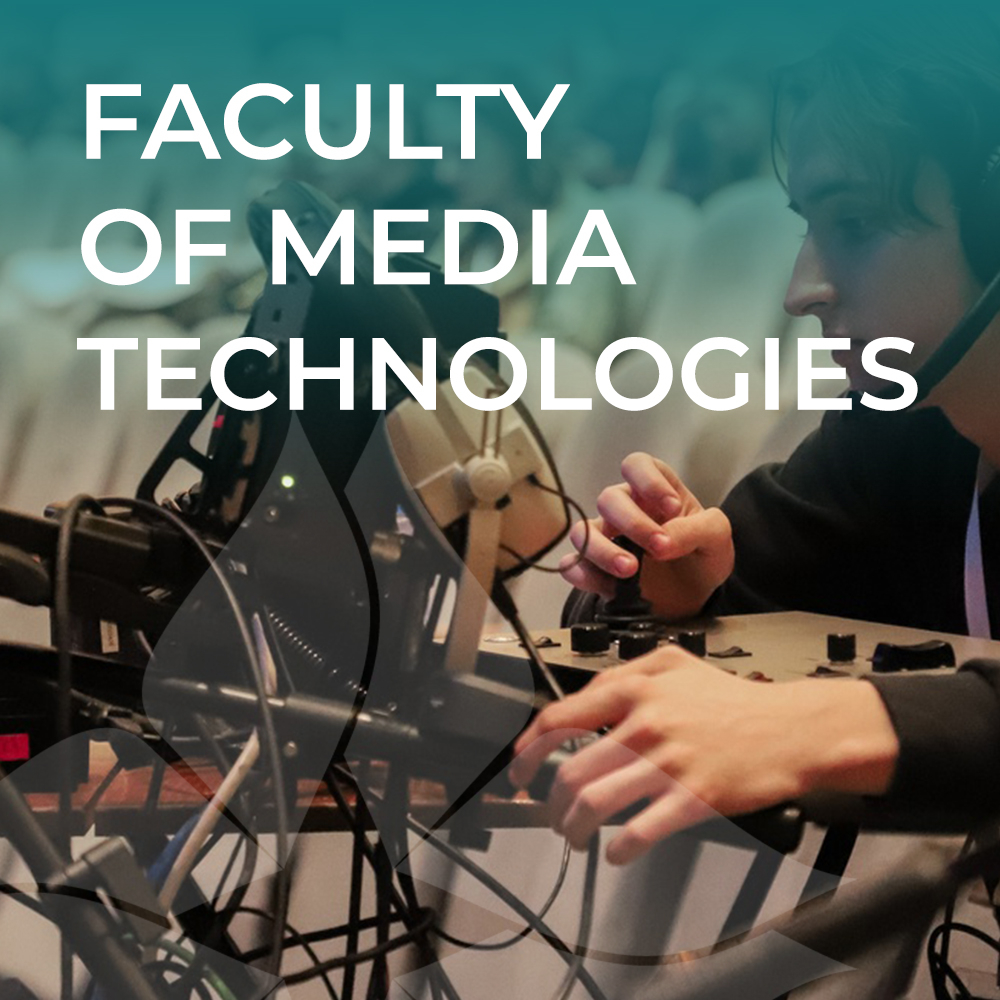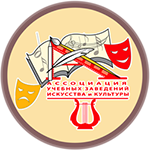Radio Engineering
11.03.01 Radio Engineering
- Sound Engineering in TV and Film Industry
- Engineering and Technology of Broadcasting Systems
Students gain professional knowledge and skills in the following areas:
- electro acoustic equipment design;
- public-address amplifier design;
- sound engineer equipment;
- room acoustic treatment and correction (acoustic absorption, vibro- and sound insulation);
- acoustic measurements;
- working with the computer software for acoustic design (EASE ODEON, etc.).
Students are actively involved in the implementation of scientific and applied works. Among the recent projects of the Department are the acoustic engineering in the rehearsal hall of the Mikhailovsky Theatre, Capella, acoustic equipment installation on the second stage of the Mariinsky Theatre, acoustic treatment of the Aquarium Band rehearsal studio, engineering of various studios, audition rooms and so on.
Sound technologies are the sphere of both operational and creative activity of a person. Our University took the most active part in the emergence, formation and development of sound cinema, in researching the principles of recording and reproducing sound in cinema.
Modern living conditions force each of us to actively use interactive communication and communication technologies. Images in movies and on television give us the opportunity to feel the charm and originality of situations and events. But the impressions are stronger, if the images are accompanied by sounds. The heart beats faster, tears roll over the eyes... And no one appreciates it if the sound is distorted and the movie being watched was duplicated by people far from understanding the sound quality! It is so nice if the sound is immersive and reverently conveys all the subtleties of the performed themes.
Our graduates work at TV and radio companies and are able to manage recording hardware at film studios. The knowledge gained in this area makes it possible to carry out not only professional activities, but also the ability to build your own studio for editing images and sounding films of own production.
Laboratory and technical facilities of the faculty are the complexes of sound equipment for the primary sound recording, editing and rewriting of professional audio-visual programmes. Technical means and content of training programs are constantly being improved. As an additional help for students, interactive technologies of counselling on educational tasks and issues of vocational training are used. Leading specialists of film and television enterprises of St. Petersburg — graduates of the university — participate in the teaching work.
The properties of a modern cinema are digital technologies that allow receiving stereo images with multichannel high quality sound. Therefore, a modern specialist in the technology of on-screen spectacles and film enterprises is, first of all, a professional in the field of computer technologies intended for demonstration of films, both in traditional cinemas and in entertainment rooms.
Such disciplines as technologies and equipment of television and cinema, fundamentals of recording and reproducing information, visual and auditory perception of audiovisual programmes, hardware-studio complexes, recording and processing video signals, technique and technologies for the production of audiovisual programmes, technological complexes of entertainment enterprises, systems for recording and reproducing spatial images of depth suggest you to study the technologies of demonstration both of spectacular feature films and animated films. You will proceed from knowledge of technology to the study of equipment and facilities for film screening. Knowing the technology of digital cinema and digital equipment, you can learn how to design classic cinema and cinema halls.
Knowledge of computer technologies of film screening and high-tech digital equipment allows not only embodying creative ideas in the design of any on-screen professional and entertainment enterprises, but also provides an opportunity to competently operate digital cinema technology.
Students gain knowledge and skills in the following areas:
- design of sound studio complexes;
- operation of sound equipment of cinema and television studios;
- technological design of complexes of entertainment enterprises;
- operation of cinema technology equipment of entertainment enterprises;
- participation in the development of the creation and development of entertainment enterprises operating on the Internet.
Curriculum Disciplines
Basic part: history; basic professional foreign language; foreign language in the professional field; philosophy; economic theory; economics and organization of production; maths; physics; chemistry; ecology; information and communication technologies in the media industry; engineering and computer graphics; fundamentals of the theory of chains; metrology and radio measurements; radio materials and radio components; electronics; electrodynamics and propagation of radio waves; radio circuits and signals; circuit design analog electronic devices; digital devices and microprocessors; radio automation; fundamentals of computer-aided design of electronic systems; microwave devices and antennas; digital signal processing; fundamentals of design and production technology of electronic systems; radio systems.
Variable part: organizational behaviour; psychology; electronic media in modern society; the photo; applied optics and lighting; discrete math; theoretical fundamentals of acoustics; technologies and technology of television and cinema; electrical conversion technology; television broadcasting systems; basics of recording and reproducing information; visual and auditory perception of audiovisual programmes; audio recording and processing; systems of reproduction and display of audiovisual information; hardware studio complexes; electroacoustics; video recording and processing; signal sensors in audiovisual systems; technique and technology of production of audiovisual systems; network and data transmission systems; technological complexes of entertainment enterprises; architectural acoustics; basics of the state cultural policy of the Russian Federation; project management.
Electives: sociology, jurisprudence; Russian language and culture of speech, history of domestic and foreign cinema; mathematical methods for signal description; applied mathematical methods in radio engineering; operational calculus, harmonic analysis; probability theory and mathematical statistics; fundamentals of systems theory; specialized television systems, acoustic measurements; multimedia complexes, acoustic fundamentals of room ambience and sound quality; systems for recording and reproducing ordinary images; musical acoustics; technology commercialization, fibre optic communication lines.









